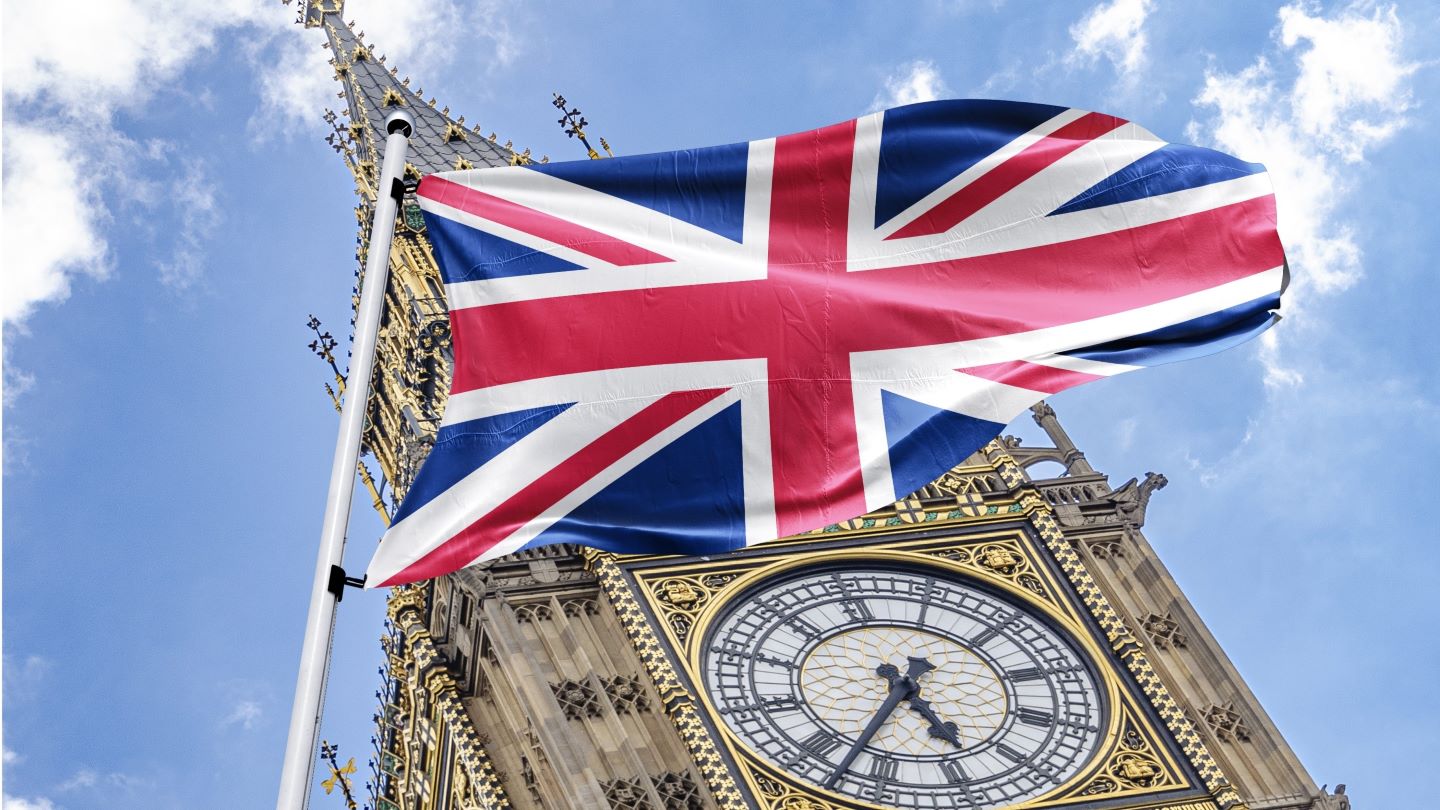
The UK government has unveiled a set of regulations to rein in what it describes as the “wild west” of the Buy-Now, Pay-Later (BNPL) sector.
These rules are designed to benefit over 10 million BNPL users by introducing mandatory “affordability” checks and ensuring quicker access to refunds as part of the government’s Plan for Change.

Access deeper industry intelligence
Experience unmatched clarity with a single platform that combines unique data, AI, and human expertise.
The forthcoming regulations, which will take effect next year, will require BNPL firms to comply with “consistent standards”.
These include upfront checks to confirm that customers can afford repayments, equitable and expedited refund processes, and the provision for consumers to escalate complaints to the Financial Ombudsman Service.
The aim is to protect consumers from “unregulated borrowing”.
However, the government also acknowledged the usefulness of BNPL in assisting people with management of their finances.

US Tariffs are shifting - will you react or anticipate?
Don’t let policy changes catch you off guard. Stay proactive with real-time data and expert analysis.
By GlobalDataThis regulatory action coincides with reforms to the Consumer Credit Act, aiming to replace the half-century-old legislation with a framework that aligns with contemporary borrowing behaviours.
The government’s response to the BNPL consultation, initiated in October 2024, has been published, and the legislation to bring BNPL under regulatory control was laid before Parliament on 19 May.
Additionally, the government plans to modernise the Consumer Credit Act by removing “outdated and confusing” rules, shifting oversight to the FCA’s more “flexible” regulatory system.
This is expected to reduce business burdens while fortifying consumer protections.
UK Treasury Economic Secretary Emma Reynolds said: “Buy-Now, Pay-Later has transformed shopping for millions, but for too long has operated as a wild west – leaving consumers exposed.
“These new rules will protect shoppers from debt traps and give the sector the certainty it needs to invest, grow, and create jobs through our Plan for Change.”
Meanwhile, in March, the government announced its plan to dissolve the Payment Systems Regulator (PSR) to reduce red tape.







